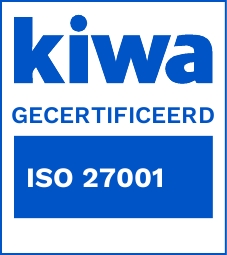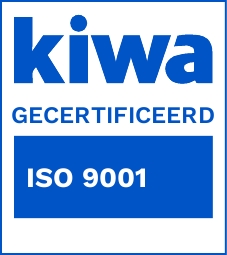We make choices every day, big and small. But how do you know if you are heading in the right direction? The Life Compass, derived from Acceptance and Commitment Therapy (ACT), helps you to live consciously according to your values. In this blog you will discover what the Life Compass is, why it is so valuable and how you use it in practice.
What is the Life Compass?
The Life Compass is a tool that gives you insight into what is really important to you. It consists of different areas of life, such as:
- Health & self-care
- Work & education
- Free time
- Relationships
- Personal growth
- Spirituality and philosophy
In each area you investigate which values you find important and to what extent you live according to them. This helps you to give direction to your choices and to get more satisfaction from daily life.
Why is the Life Compass so valuable?
The Life Compass helps you to make conscious choices and to live according to what you really find important. This has many advantages:
- More satisfaction. You make choices that fit your values, which creates a sense of meaning.
- Less stress. When you live according to what is important, you experience less pressure from external expectations.
- Better focus. It helps you set priorities and focus your energy on what really matters.
- More resilience. When you encounter obstacles, you can fall back on your values to stay motivated.
Do you want to get started with the life compass? Follow these steps:
- Determine your values. Think about what you really find important in each area of life. For example: ‘I want to be an involved and loving partner’ or ‘Health is number one for me.’
- Determine how important the area of life is to you at the moment. Give this area of life a number on how important it is to you (1 – not important 10 – very important).
- Evaluate where you are now. Give each area a score from 1 to 10 in how much attention you pay to it now (1 – little attention 10 – a lot of attention). In which areas do the numbers differ the most? These are probably the areas that need attention. In addition, you can see which areas are generally most important to you.
- Set goals. Think of concrete actions to get closer to your values. For example: ‘I will take a walk every day for my health.’
- Be gentle with yourself. Perfection does not exist. It is about taking small steps in the right direction.
Practical example
Let’s look at Elisa, she works as a nurse in a residential group and she often feels rushed. She notices that her work absorbs all her energy and that she has little time left for her health and social life. By filling in the Life Compass, she discovers that ‘health’ and ‘connection with friends’ are two important values to her.
Elisa decides to take small, achievable steps: she starts with a regular lunch walk and schedules an evening with friends every week. Within a few weeks she already notices a difference: she feels more energetic and experiences less stress. Consciously working on her values helps her to find balance and get more satisfaction out of her life.
A small assignment
Do you want to get started right away? Grab a pen and paper and write down which value is most important to you for each area of your life. Choose one value and think of a small action that you can take today to live more by it.
Your compass, your life
The great thing about the Life Compass is that it does not prescribe a fixed route, but helps you determine your own path. It gives direction without forcing and helps you make conscious choices that fit who you are.
So, what are you waiting for? Take a step towards a values-oriented life today!



